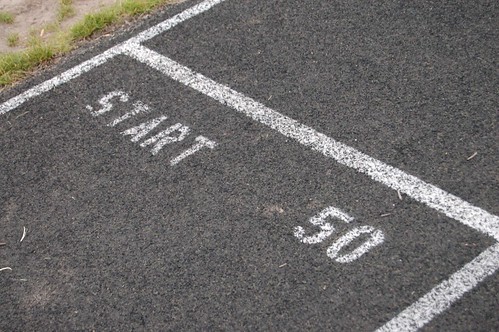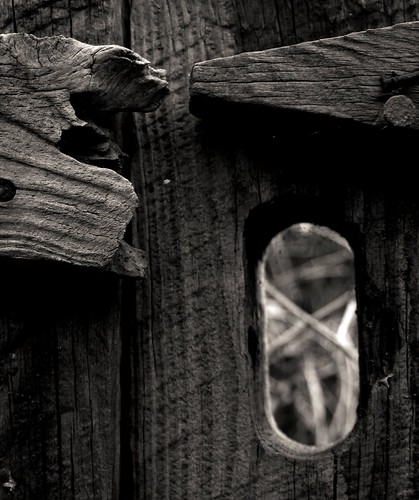 Why is it that we assume that teenagers are supposed to be immature and make stupid decisions?
Why is it that we assume that teenagers are supposed to be immature and make stupid decisions? I know that i caught myself doing it yesterday. I was at work and i was talking with someone about their teenaged grandson. From what this lady was saying, it sounded like her grandson was making very wise decisions about his relationships, dating, and girls. The more i listened to her talking about him the more this teenager / young man reminded me of myself at that age. She asked my take on his situation as if she couldn't understand how he, as a teenager, could be making wise decisions. While talking to her i realized that i was almost as surprised as she was that her grandson was acting this way. He seemed to have a pretty clear head on his shoulders. The decisions that he was making were well thought out, based on experience and logic, and meant present self-sacrifice in order to complete a future goal. I was actually quite impressed, but it was funny because she was worried about him, that he was making wise decisions, and if that was healthy.
So that brings me back to my initial question. Why do we assume that teenagers are supposed to be immature and make stupid decisions? Train up a child in the way he should go and when he is old(
er) he will not depart from it. When someone is raised to make wise decisions financially, with regards to friends, in their educational and social endeavors, etc. that will undoubtedly follow them. Chances are they will end up making stupid mistakes from time to time, but that doesn't mean that a teenager is not capable of making wise decisions on a regular basis.
The other day i was talking with a couple that is around my and my wife's same age who are making some decisions that may not be the wisest. In this one area they are starting to seriously hurt themselves and may be needlessly putting themselves in a very treacherous position...
again. It's almost like they are not considering the long term consequences to their action but rather making the decision based on what they want and could get
now. I thought that that was supposedly an "adolescent" mentality. It's interesting because many of the youth of my generation were raised with the mentality that it was alright for them to make stupid decisions because they were teenagers, they were going to make wrong decisions, and so it was OK. Now 10 - 20 years later so many people of my generation are doing
exactly the same thing. Shouldn't we have moved beyond that "phase"? Why is it still occurring? Simple, we (my generation) were raised to think that we were supposed to act this way and that it is OK, so
now we still are!
When youth are raised to think that being a kid is all about fun without consideration for how what they do affects themselves and others, in the long run or the present, they tend to grow up to be immature adults making foolish decisions.
When i was my father's son,
Tender and the only one in the sight of my mother,
He also taught me, and said to me:
"Let your heart retain my words;
Keep my commandments, and live.
Get wisdom! Get Understanding!
Do not forget, nor turn away from the words of my mouth.
Do not forsake her, and she will preserve you;
Love her, and she will keep you.
Wisdom is the principle thing;
Therefore get wisdom.
And in all your getting, get understanding. - Proverbs 4:3-7
Image from mark_twells used under cc license.















